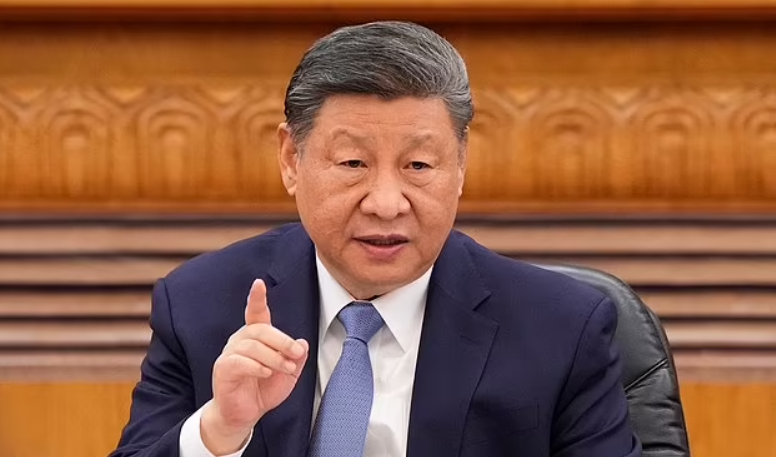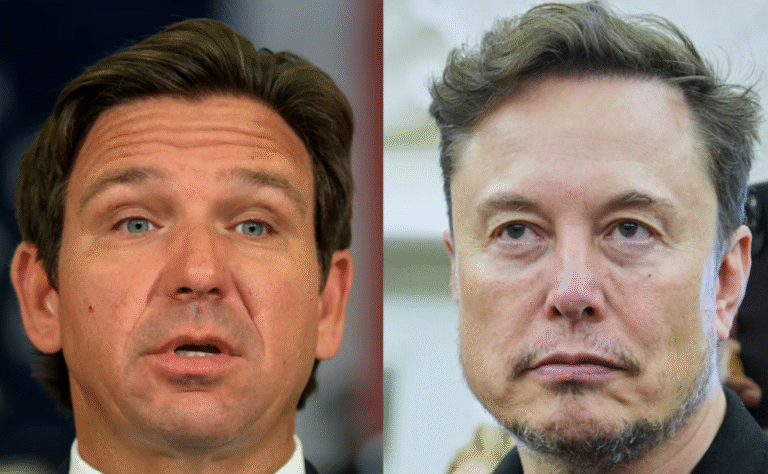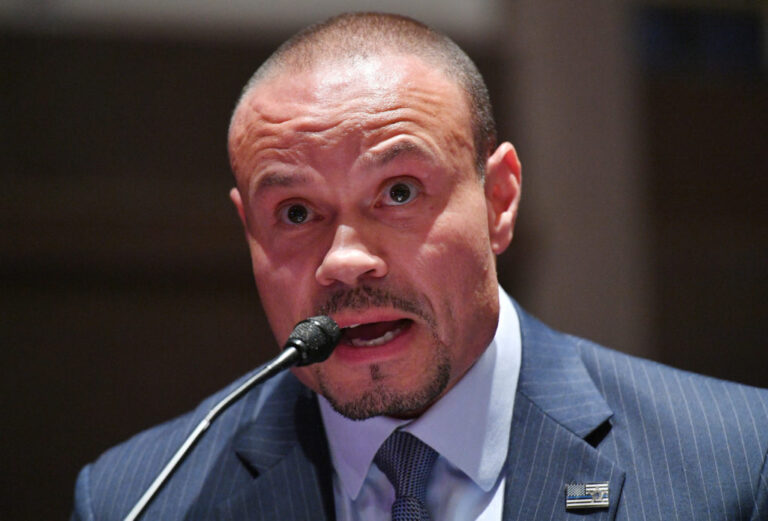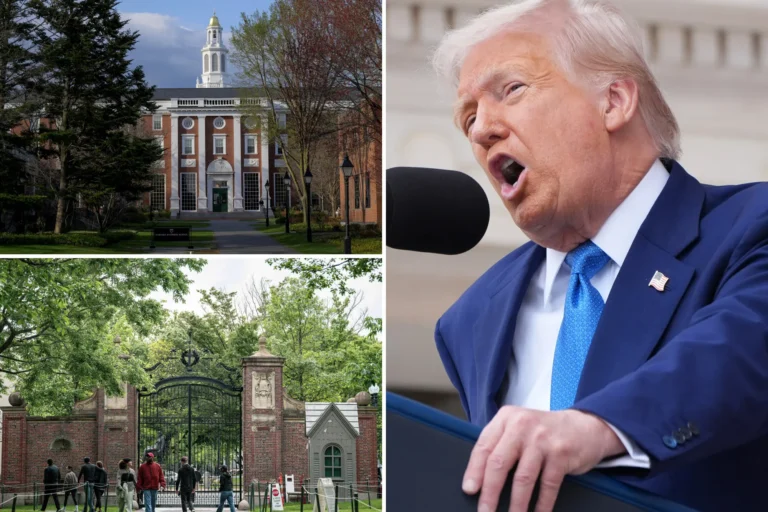
China announced Friday it will impose 34% tariffs on the U.S., just days after President Donald Trump unveiled the same amount against Beijing under his reciprocal tariff plan.
The new China tariffs against the U.S. will go into effect on April 10, according to The Wall Street Journal.
The measures are in addition to the existing tariffs already imposed on US goods.
Beijing’s commerce ministry also said it will impose more export controls on rare earths, which are materials used in high-tech products such as computer chips and electric vehicle batteries.
Beijing also added 11 entities to the ‘unreliable entity’ list, which allows Beijing to take punitive actions against foreign entities.
China has also filed a lawsuit with the World Trade Organization (WTO) over sweeping US tariffs imposed on its exports.
China says the newly announced tariffs are a countermeasure to sweeping tariffs imposed by Trump.
China announced controls on exports of medium and heavy rare-earths, including samarium, gadolinium, terbium, dysprosium, lutetium, scandium and yttrium to the US, effective April 4.
‘The purpose of the Chinese government’s implementation of export controls on relevant items in accordance with the law is to better safeguard national security and interests, and to fulfill international obligations such as non-proliferation,’ the Commerce Ministry said in a statement.
‘China has filed a lawsuit under the WTO dispute settlement mechanism,’ Beijing’s commerce ministry said in a statement.
It comes after the Commerce Ministry issued a statement yesterday condemning the US measures as a ‘typical act of unilateral bullying’.
Beijing urged the Trump Administration to ‘immediately’ remove the tariffs and encouraged the US to resolve dispute through ‘fair and equal dialogue’.
Nations from Canada to China have readied retaliation in an escalating trade war after Trump raised US tariff barriers to their highest level in more than a century this week, leading to a plunge in world financial markets.
In Japan, one of America’s top trading partners, Prime Minister Shigeru Ishiba said that the tariffs had created a ‘national crisis’ as a plunge in banking shares today set Tokyo’s stock market on course for its worst week in years.
Investment bank JP Morgan said it now sees a 60 per cent chance of the global economy entering recession by year end, up from 40 per cent previously.



